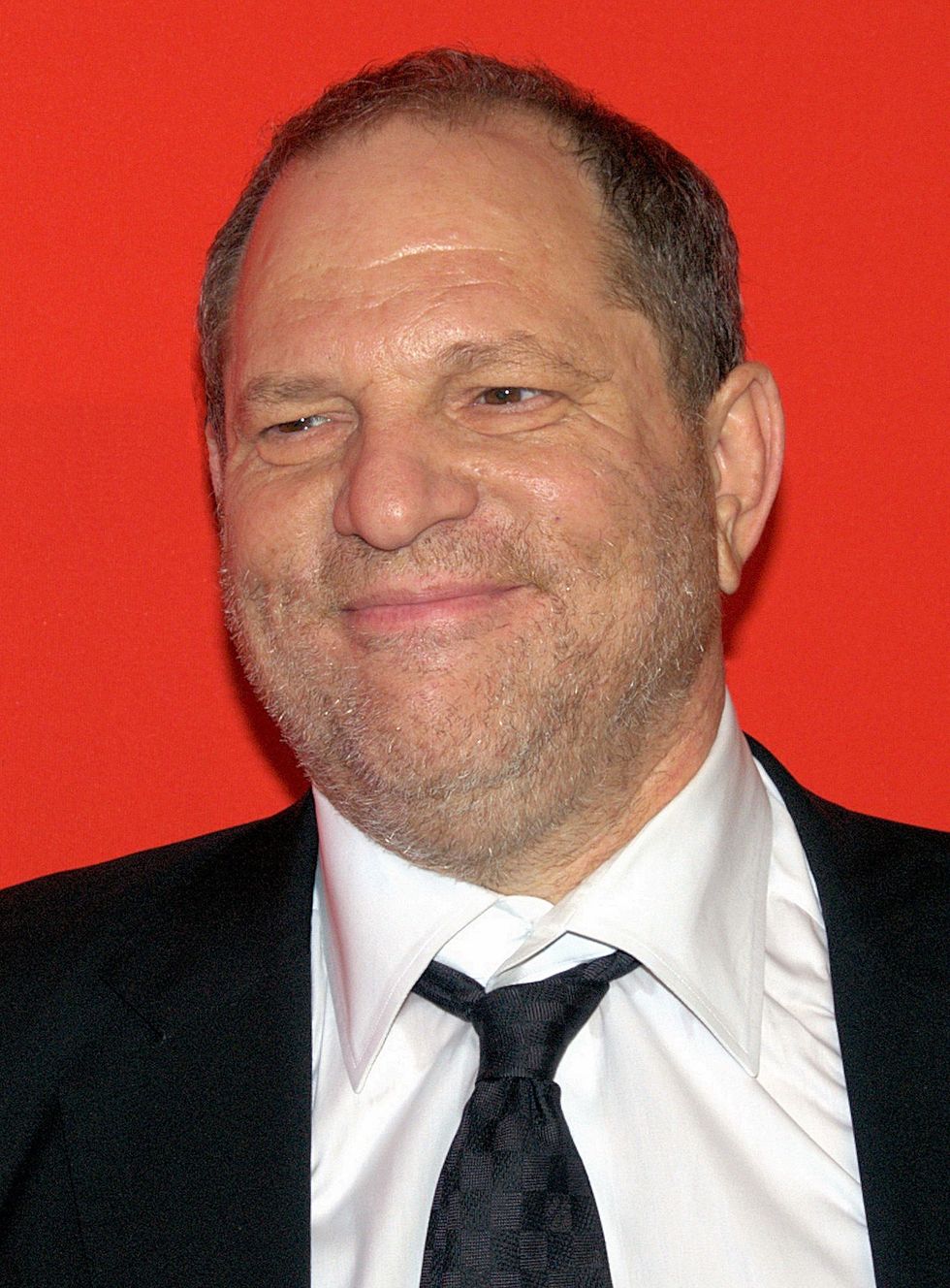Recently, there has been a seemingly unending litany of allegations of sexual misconduct, harassment, and abuse levied against famous people, many of whom were previously admired by large swaths of the population.
Except, by the time this is published, we might not be talking about it anymore. Or, if we still are, we probably won't be in a week or two.
Oh, those men who committed such foul, disgusting acts will still have to live with the socially--though certainly not legally--imposed consequences, as well they should. But the supposed national dialogue about and maybe even national reckoning with sexual misconduct will be over, a relic of the past much like all those conversations about gun control we were supposed to have.
See, many people think of this as a possible Flashpoint in American culture: a moment and series of events that will shape and change how we look at sexual misconduct. But we were also supposed to have one of those after the hearings on now-Supreme-Justice Clarence Thomas' alleged sexual harassment.
But, as we are continually shown, we are far from past the days of men in power using their power and positions of authority to coerce or force themselves upon women in sexually promiscuous and inappropriate, if not violent, ways. And mostly they do this without consequence.
Women have been coming forward with their stories of being sexually abused or harassed by men in their lives for as long as they have had any level of platform to do so. None of this should really surprise us; the fact that it does is more an indictment on how unwilling we have been in the past to believe women when they do come forward.
A 2015 study showed that roughly 71% of women do not report their sexual harassment, likely due to the possible consequences to their own career, implied or direct threats from their harassers, or a belief that they would not be believed or, if they were, that it would not matter. Despite the moving and purposefully disturbing #MeToo campaign, there is nothing to really suggest that these power dynamics will change.
Virtually all of the sexual abusers and harassers in the news lately, with the exception of Roy Moore who is an exceptional case because of the age of his victims, were accused by relatively famous women who also operated in tandem with one another. Most women do not have the platform, relative safety, or voice that fame would provide them nor might they know of other women willing or able to join in their accusations.
I know it must seem that I am taking up a very defeatist tone, but it is hard to be hopeful when we have a serial sexual abuser--who has admitted as much on tape--in the White House.
It is hard to be hopeful when, despite articles like this one from The Atlantic, many liberals still laud and worship Bill Clinton despite his deeply disturbing litany of sexual misconduct--ranging from harassment to abuse to possible rape.
It is hard to remain hopeful when some in Hollywood are calling for these stars accused of such degenerate acts to get second chances which would really be third or fourth or fifth or, you get the idea, chances.
As much as I would like to believe that we have reached a turning point in our discussion about sexual harassment and abuse, I find it very hard to do so.



 StableDiffusion
StableDiffusion
 StableDiffusion
StableDiffusion
 student thinking i shouldnt have procrastinated all semester
StableDiffusion
student thinking i shouldnt have procrastinated all semester
StableDiffusion
 Photo by
Photo by  Photo by
Photo by  Photo by
Photo by  StableDiffusion
StableDiffusion
 StableDiffusion
StableDiffusion
 Photo by
Photo by  Photo by
Photo by 


 Lumiere figure at the Disney Store at the Ala Moana Shoppi… | Flickr
Lumiere figure at the Disney Store at the Ala Moana Shoppi… | Flickr








 StableDiffusion
StableDiffusion StableDiffusion
StableDiffusion 10. Extra BlanketsJuwenin Home 100% Cotton Knitted Throw Blanket
10. Extra BlanketsJuwenin Home 100% Cotton Knitted Throw Blanket StableDiffusion
StableDiffusion StableDiffusion
StableDiffusion File:Kishlaru familie.jpg - Wikimedia Commons
File:Kishlaru familie.jpg - Wikimedia Commons Photo by Hanna Balan on Unsplash
Photo by Hanna Balan on Unsplash StableDiffusion
StableDiffusion black blue and yellow round illustrationPhoto by
black blue and yellow round illustrationPhoto by 













